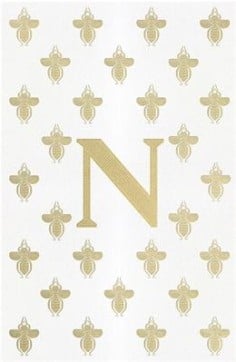
Book review: Napoleon the Great by Andrew Roberts
Few people in history have achieved more in their lifetime than Napoleon Bonaparte, and it quickly becomes clear in this latest in a long line of biographies just how fitting the title "Napoleon the Great" is.
by Andrew Roberts
Allen Lane


The second son of a Corsican aristocrat who through military prowess and sheer force of will reshaped continental Europe in the early 1800s, Napoleon came to power just six years after arriving in France as a young military cadet. He won 50 out of 60 battles, led his army across Europe to Moscow, and was emperor of France twice (May 1804- April 1814 and then March 1815- June 1815).
He also united the main powers in Europe against him, leading to his exile - twice.
Yet there is far more to Napoleon than the conqueror. In , historian Andrew Roberts does not hide his admiration for the man, yet the Napoleon in this impressive book is a flawed leader, a man who ruled over much of continental Europe but was brought down largely by his own actions and shortcomings.
Roberts uses 33,000 letters written by Napoleon - which have only become available to scholars in the previous decade - to show a man of unrivalled energy who is able to lead military campaigns at the same time as dealing with the minutiae of his empire. His high numbers of letters a day cover everything from orders and reprimands to underlings, to questions on expense reports and advice on public works, and even comments on entertainment in Paris.
We see a young Napoleon drawn to the legends of Alexander the Great and Julius Caesar, coming of age during the turbulent years of the French revolution and rising through the military ranks simply because few trained officers remained in the army.
Yet despite his fortuitous rise, Napoleon's grasp of modern military techniques scored the young general victory after victory across Europe and North Africa as his older and more ponderous opponents proved ill-equipped to face his superior tactics.
Napoleon's military campaigns would take him through most of Europe - but their amazing successes would lead to his ultimate defeat: the punishing retreat from Moscow and the sapping Peninsular War in Spain and Portugal.
As a leader, Napoleon inspired intense loyalty, especially in the army - but he failed miserably when placing trust in those around him, especially his family. He promoted his brothers to become kings of the French-dominated kingdoms of Naples, Spain, Westphalia and Holland, and then let them remain in office long after it was clear that they lacked even a smidgen of his leadership abilities.
He also failed to accept that France's military opponents had learned and adopted his methods, or that France would never be able to win against a united Europe or without a strong navy. He placed far too much trust in his genius and the loyalty of his country and army.
Napoleon's 16-year-rule of France was a time of almost constant warfare, which left Europe scarred and his own country weaker at the end of his reign than at the start. Yet, for all that, Roberts, who visited 53 of Napoleon's battlefields during his research for this book, writes that: "For sheer intellectual capacity … there has probably never been another ruler in history to match him".
Napoleon left behind a Europe much changed, and his reforms of the legal code in France still form the basis of much of European law today.
is a fitting biography of one of the most influential individuals in modern history.
